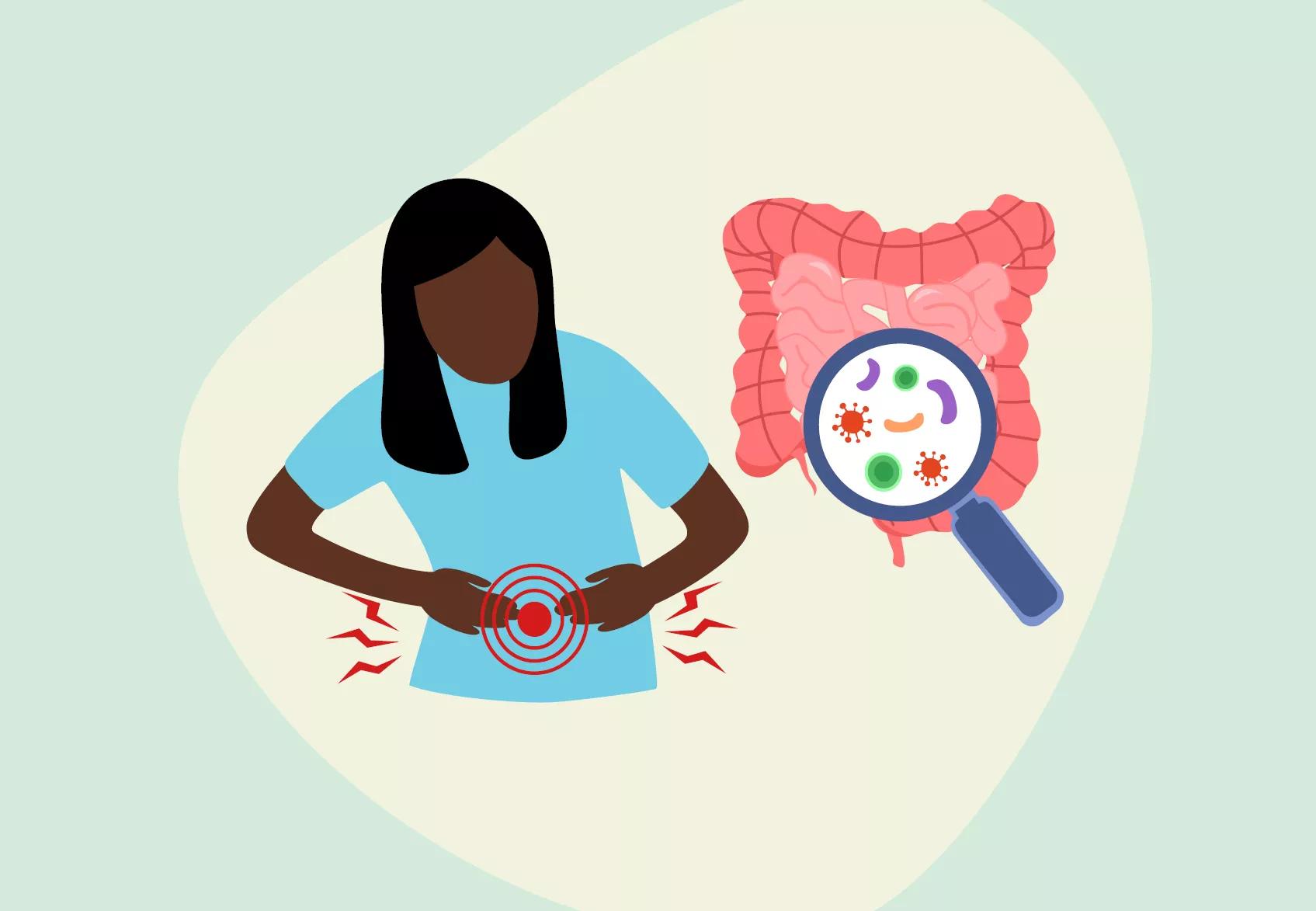Pulse of Information
Your source for the latest insights and updates.
Food Poisoning: A Taste of Regret
Discover the shocking truths behind food poisoning and learn how to avoid a taste of regret. Your health may depend on it!
Top 10 Common Foods That Cause Food Poisoning
Food poisoning is a serious health risk that can stem from the consumption of contaminated food. Understanding the top 10 common foods that cause food poisoning can help you make safer dietary choices. These foods often harbor harmful bacteria, viruses, or parasites that can lead to illness. Some of the most notorious offenders include:
- Raw or undercooked poultry
- Ground beef
- Unpasteurized dairy products
- Raw eggs
- Seafood, especially raw oysters
- Fruits and vegetables contaminated with feces
- Sprouts, which can be a breeding ground for bacteria
- Cooked rice that has been kept warm for too long
- Processed meats, like hot dogs
- Prepared salads, such as potato or tuna salad
Each of these foods carries certain risks, especially if not handled or cooked properly. For instance, raw or undercooked poultry is often linked to Salmonella or Campylobacter infections, while ground beef can be contaminated with E. coli. Ensuring that these foods are cooked to appropriate temperatures, stored correctly, and washed properly can greatly reduce your chances of experiencing food poisoning. By being aware of the top 10 common foods that cause food poisoning, you can protect yourself and your loved ones from potential health hazards.

How to Tell If You Have Food Poisoning: Symptoms and Diagnosis
Food poisoning can result from consuming contaminated food or beverages, and recognizing the symptoms early is crucial for effective management. Common symptoms of food poisoning typically manifest within hours to days after ingestion and may include nausea, vomiting, diarrhea, abdominal pain, and fatigue. In some cases, fever and dehydration may also occur. If you experience these symptoms, it’s important to monitor their severity, as this can greatly assist health professionals in making a proper diagnosis.
To diagnose food poisoning, healthcare providers often begin with a thorough assessment of your medical history and a physical examination. They may ask about your recent meals, travel history, and any potential exposure to contaminated food sources. In certain situations, laboratory tests such as stool cultures or blood tests may be necessary to identify the specific pathogen responsible for your illness. As symptoms can vary, understanding your body’s response is key to receiving the appropriate treatment and care.
What to Do If You Suspect Food Poisoning: A Step-by-Step Guide
If you suspect food poisoning, it's crucial to act quickly. First, assess your symptoms to determine their severity. Common signs include nausea, vomiting, diarrhea, abdominal cramps, and fever. If you experience mild symptoms, stay hydrated by drinking clear fluids like water or herbal tea. On the other hand, if symptoms become severe—such as high fever, persistent vomiting, dehydration, or signs of shock—seek medical attention immediately. Remember, your health is paramount.
Once you have identified potential food poisoning, do the following:
- Document your symptoms and the time of onset to help medical professionals make accurate assessments.
- Keep track of what you ate, especially if it was consumed within the last 24 hours, to identify possible sources of contamination.
- If you suspect others are affected, inform them so they can monitor their health.